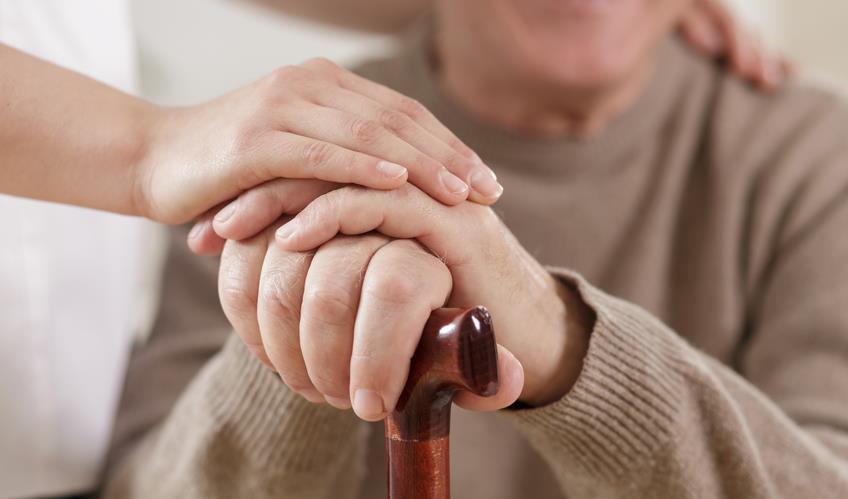Utah health officials today reported a case of Zika virus infection in a person with no known risk factors who may have contracted the disease while caring for a family friend, an elderly man who died in June.
The deceased, who tested positive for Zika at the time of his death, had traveled to a region where Zika is endemic.
"Utah health officials said this person was associated with the family of the person who died in late June," said Satish Pillai, MD, incident manager for the Centers for Disease Control and Prevention (CDC) Zika Response. "We will do additional testing of people who knew the index patient."
Standard precautions still advised
Pillai said the new Zika patient suffered only from mild illness and has made a full recovery, as have most infected with the virus. What was troubling, he said, was that the person had not traveled to an area with high Zika activity, did not have sex with someone with Zika, and was not bitten by any Aedes mosquitoes, which are not found in Utah.
Pillai said that as of Jul 13, the CDC was aware of 1,306 cases of Zika in the United States. Fourteen involved sexual transmissions, and one came from a needle stick in a laboratory. This is the first US case that seems to be caused by more casual, or indirect, contact.
"It's too early to make a clear statement about what could have happened," said Mike Bell, MD, a CDC medical epidemiologist. Bell and other officials had no hypothesis as to how the new patient could have contracted the disease, but he did note that the deceased man had a very high virus load—100,000 times what's normal—of Zika in his blood at the time of death. It's not known whether the elderly man died from Zika or other comorbidities.
"Certainly a high viral load could be a different situation than what we currently see," said Bell. But he added that the new case would not change the CDC's thinking about personal protective gear for healthcare workers or caregivers.
"We are approaching using standard precautions, no contact with blood or bodily fluids," said Bell. "This is a unique case in the 1,300 cases we've seen."
Mosquito surveillance, as well
Besides extensive interviewing and testing of personal contacts and healthcare workers, the CDC said it will also work with Utah's Department of Health (UDOH) to trap and collect mosquitoes.
"We're looking for West Nile virus and Zika just to cover all our bases and get as much information as we can," said Bob Wirtz, PhD, an entomologist at the CDC.
"We don't want to put the blinders on and just go down one avenue of investigation," said Bell.
According to the UDOH, there have been eight cases of Zika in that state, including one death. Seven cases were in people who traveled to an area with high Zika activity.
See also:
Jul 18 UDOH release
Jul 18 CDC media statement





















